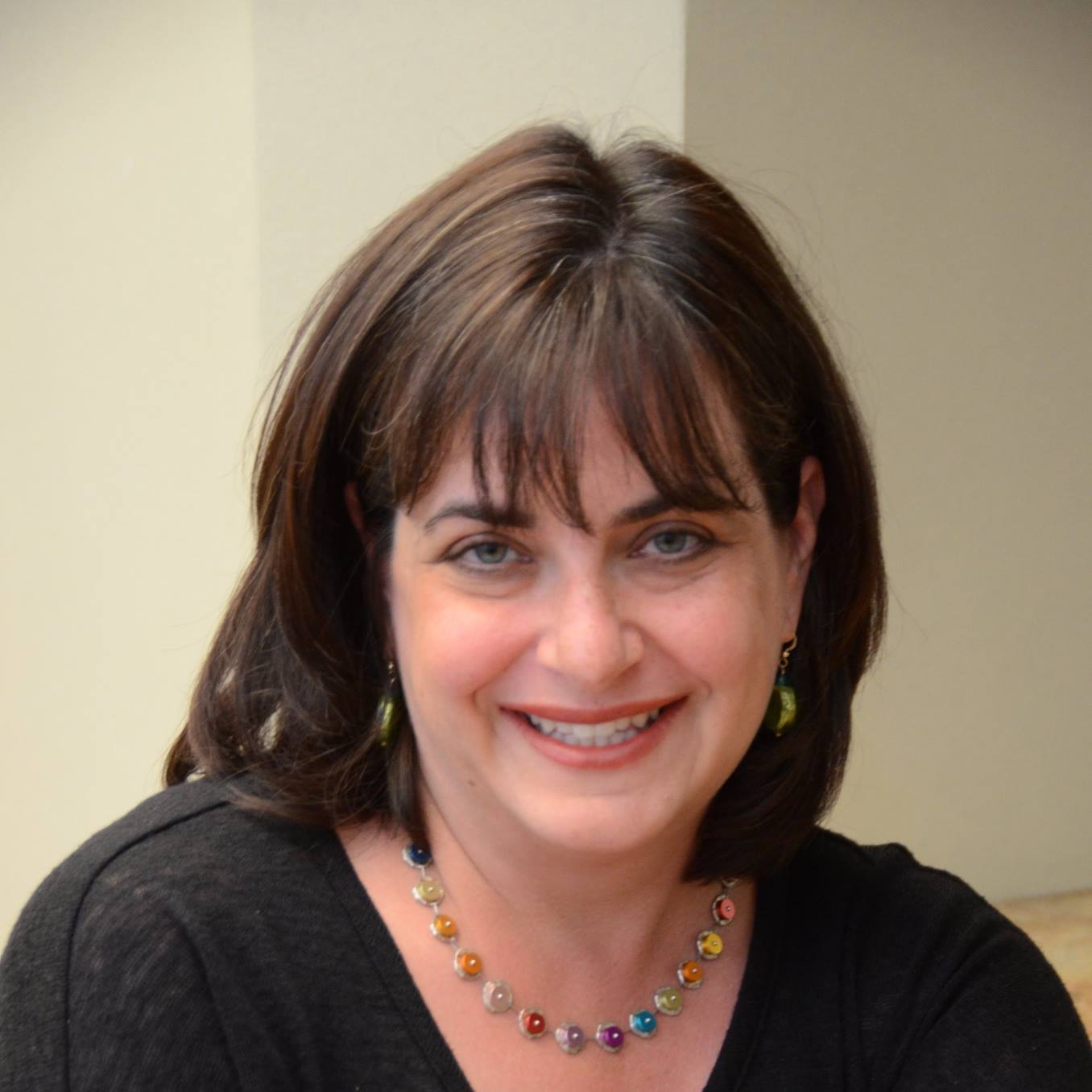
Julie Gruenbaum Fax
Julie Gruenbaum Fax is a content strategist and writer for the USC Shoah Foundation. She was a senior writer and editor at the Jewish Journal of Los Angeles and has co-authored six personal history books. She is currently writing a book about her grandmother’s Holocaust experience.
Articles by Julie Gruenbaum Fax
Wonder Woman star Gal Gadot opened her Los Angeles home to friends and family earlier this week to commemorate Yom HaShoah by hosting an intimate conversation with Holocaust survivor Celina Biniaz, the youngest female on Oskar Schindler’s famed list.
Gerald Szames is 2, maybe 3 years old. He is standing at the foot of the bed, looking at his mother. She is sick, propped up on a pile of pillows.
He has other flashes of memories of life before the Nazis invaded his Polish shtetl of Trochenbrod in 1941, when he was four years old – his grandfather taking him to the mill, his father lifting him up to give him a candy and a kiss.
They have gathered on living room sofas, on university lawns, in synagogue sanctuaries, in public squares, and even in embassy conference rooms for intimate conversations that have a resounding global impact. Since 2011, more than 2 million people have met with Holocaust survivors to learn about their experiences and to help carry their histories and their hopes into the future.
Gerald Szames chokes up easily, especially when talking about his mother. So for years, his daughter has taken it upon herself to tell her father’s story of surviving the Holocaust as a small boy. She speaks to audiences at schools, houses of worship and community centers, often with her father by her side to answer questions.
In September 1994, Hogan’s Heroes actor Robert Clary stepped up to be among the first 100 Holocaust survivors to be interviewed by Survivors of the Shoah Visual History Foundation, the organization established by Steven Spielberg soon after he finished filming Schindler’s List.
Then, just weeks after recording his own testimony, Clary volunteered to be an interviewer. Over the following 18 months, he interviewed 75 Holocaust survivors, helping the Institute seed a collection that would grow to include more than 50,000 testimonies by the turn of the century.
Dr. Kori Street, Deputy Executive Director of USC Shoah Foundation, was recently appointed to California Governor Gavin Newsom’s Council on Holocaust and Genocide Education.
Governor Newsom launched the council last year to promote Holocaust and genocide education with the goal of providing young people with the tools necessary to recognize and respond to bigotry or discrimination.
When Rena Quint was 31, a cousin from Israel came to visit her in New York. She hadn’t seen or spoken to a blood relative since she was 7 years old.
“Oh Fredzia, do you remember your sister?” her cousin asked, using her Polish name.
“No, I didn’t have sisters,” Rena told him. “I had two brothers, Dovid and Yossi.”
“Oh, you were so cute, such a little girl, with your sisters,” Rena recalled her cousin, who was older, saying.
When Zuzanna Surowy needed to make herself cry as the lead actress in the Holocaust-era feature film My Name Is Sara, she followed the advice of her co-star to “put a demon inside of her” – to imagine something so tragic it would bring tears to her eyes.
It was much harder for Surowy, then 15, to follow the second half of that directive: to leave the demon on the set.
On a Wednesday morning in New York in the fall of 2021, Rabbi Nicole Auerbach greeted Walter and Phyllis Loeb in Central Synagogue’s majestic sanctuary. She led them through the arch-lined nave, past row after row of pews, beyond the six sets of capital columns wrapped in colorful, gold-accented reliefs, all the way up to the intricately carved Mahagony bima, the stage where the synagogue’s rabbi and cantor preside over Shabbat and holiday services.
Alexa Dollar flings open her arms and spins across the stage, relishing the moment as if she’s just arrived at a party thrown in her honor. She kicks out her leg and flutters back across the floor, chasing the piano’s tantalizing lilt.
Drew Lybolt comes next, taking over the stage with powerful leaps and commanding twirls set to an insistent, almost argumentative, piano vignette.